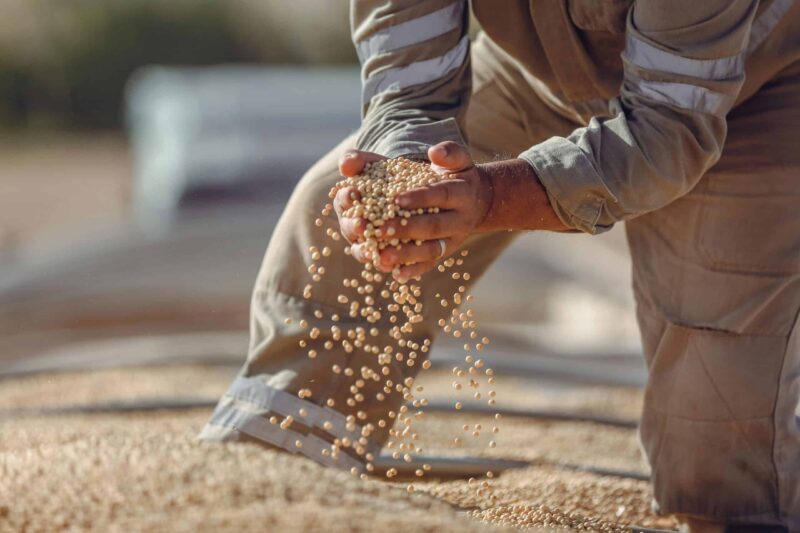Agricultural trade between Vietnam and the United States continues to deepen as Vietnam emerges as one of the most important destinations for US soybeans in Southeast Asia.
According to US Soybean Export Council (USSEC), Vietnam is now the third-largest importer of US soybeans in the region and the 13th largest globally. In the 2023 – 2024 marketing year, the country imported around 2.2 million tons of whole soybeans and nearly 6 million tons of soybean meal to serve domestic processing and consumption needs. Demand is being driven by Vietnam’s rapidly expanding livestock and aquaculture industries, as well as a rising preference for plant-based foods. With soybeans widely used in both animal feed and human nutrition, the crop is becoming increasingly central to Vietnam’s food security strategy.
The US has gained a competitive edge in supplying Vietnam’s feed and oil pressing plants due to its reliable supply chain and adherence to global sustainability standards. As Vietnam’s middle class grows and urbanization accelerates, the demand for protein-rich foods is set to rise further, reinforcing the role of soybeans in both household consumption and industrial production.
Beyond trade volumes, the two countries are also expanding cooperation on sustainable agriculture. US farmers have been adopting practices aimed at reducing carbon emissions, improving traceability, and ensuring long-term supply stability. These efforts align closely with Vietnam’s push to modernize agriculture while maintaining environmental standards.
The Vietnam Partnership for Sustainable Agriculture (PSAV), under the Ministry of Agriculture and Environment, also recently signed a Memorandum of Understanding with USSEC. The agreement is designed to strengthen trade promotion, provide technical assistance, and increase awareness of sustainably produced US soybeans. Deputy Minister Hoang Trung emphasized that the collaboration supports Vietnam’s goals of competitiveness, sustainable growth, and a more resilient supply chain.
(Source: Avinews)

